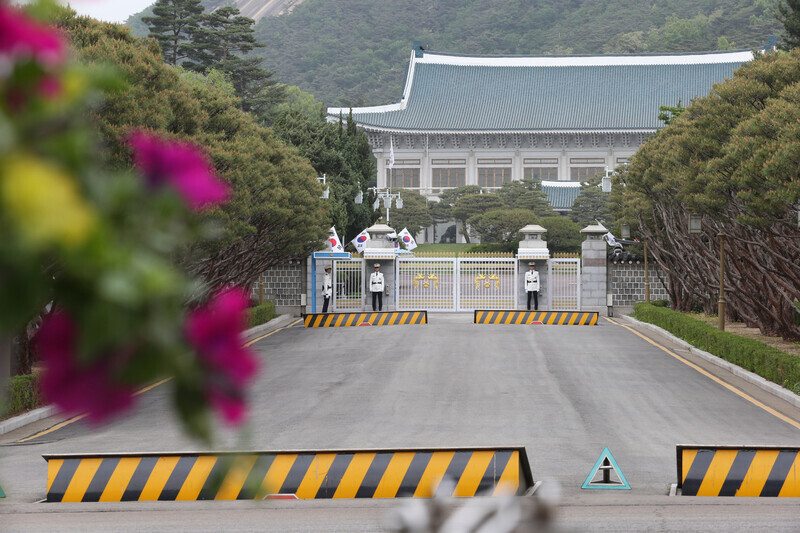
South Korea Faces National Crisis as Martial Law is Imposed
In a shocking turn of events, President Yoon Suk-yeol of South Korea declared a state of emergency and martial law on December 3, 2024, triggering an unprecedented wave of political and social upheaval. Just 90 minutes after the announcement, military personnel began to enter the National Assembly building, and the police barricaded the entrance, halting access for lawmakers. This dramatic action effectively closed the National Assembly, marking a significant moment in the country's history.
Following the martial law declaration, several military helicopters were seen hovering over the National Assembly in Yeouido, Seoul, signaling the intensity of the situation. Around midnight, soldiers entered the National Assembly building, further escalating the crisis. Police, following orders, blocked access to the building, declaring that even lawmakers would not be permitted to enter without proper clearance. This sparked protests from members of the Democratic Party of Korea, who questioned why the National Assembly was being shut down, resulting in clashes with the police.
Also Read:- Nationwide Martial Law Declared Amid Rising Tensions in South Korea
- Denise Van Outen Opens Up About Her Wild Summer and Single Life
The announcement of martial law has sent shockwaves through the political landscape. Members of both the ruling People Power Party and the opposition Democratic Party are now gathering at the National Assembly, with the latter calling for the immediate repeal of the martial law. According to Article 77 of the South Korean Constitution, the National Assembly has the authority to demand the termination of martial law with the support of a majority of its members. This means that the opposition party, which holds a majority, could potentially trigger the repeal of martial law if they manage to unite.
The declaration has also sparked significant public outcry. Some politicians are calling it an unconstitutional move, with many questioning President Yoon’s actions. They argue that the declaration is a direct attack on democracy and an abuse of power. South Korean citizens, activists, and legal experts are raising concerns about the legality and necessity of such a measure, given that the country is not in a state of war or rebellion, which is typically the justification for such drastic actions.
In addition to the political fallout, the declaration of martial law has started to affect daily life across the country. With the National Assembly closed, other public events, including festivals and major gatherings, are now in jeopardy. The entertainment industry, in particular, is grappling with the implications of the martial law. Major events and concerts are being canceled or postponed as the uncertainty surrounding public safety grows. There is growing anxiety in the entertainment sector, especially since the last time martial law was declared in South Korea was in 1980, leaving no clear precedent for how to navigate such a crisis.
This is a pivotal moment for South Korea. As the nation grapples with these developments, questions about the future of its democracy, the power of the executive branch, and the role of the National Assembly remain at the forefront of public discourse. The coming days will undoubtedly determine the course of the country’s political future.
Read More:

0 Comments